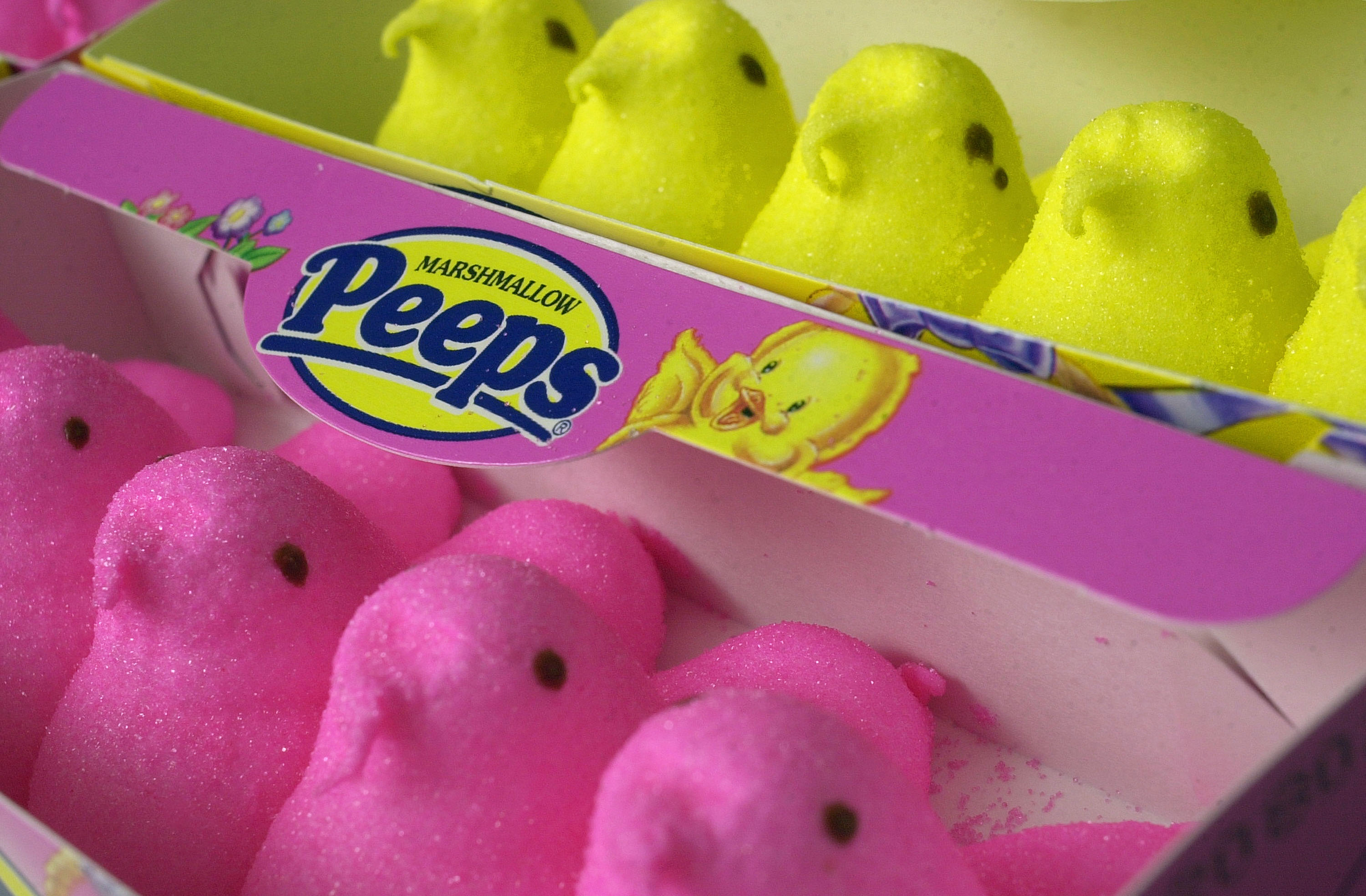Four common food additives, considered toxic by some lawmakers, are now illegal to be manufactured or sold in the state thanks to a new bill signed into law by California Gov. Gavin Newsom Oct. 7.
State Assembly Bill 418, known as the California Food Safety Act, will ban the use of brominated vegetable oil, potassium bromate, propylparaben, and red dye No. 3 from food products across the market. The new law will take effect in early 2027.
The additives, commonly found in popular cereal, soda, candy, and drinks are present in over 12,000 food products, according to the Environmental Working Group, a D.C.-based advocacy group aimed at limiting toxic exposures in food, water, and the environment.
Authored by Assemblyman Jesse Gabriel (D-Woodland Hills), the bill was touted as a major step toward bolstering consumer protection.
“The Governor’s signature today represents a huge step in our effort to protect children and families in California from dangerous and toxic chemicals in our food supply,” Mr. Gabriel said in a recent statement.
While lawmakers say the bill won’t outright ban any foods or products from the market, it will require manufacturers to “modify” their recipes to remove such additives from their products.
According to the bill, such chemicals have already been banned in all nations within the European Union—along with other countries—after clinical research found that they are linked to cancer, reproductive issues, and behavioral and developmental problems in children.
Bill authors say the act is the first in the nation to ban the use of such additives in food sold or manufactured within its borders.
However, some say the new law will do more harm than good.
According to The National Confectioners Association, the ingredient ban will create confusion and other unintended consequences around food safety.
“[The law] replaces a uniform national food safety system with a patchwork of inconsistent state requirements created by legislative fiat that will increase food costs,” the group said in a recent statement responding to the bill’s passage. “They’re making decisions based on soundbites rather than science. … We should be relying on the scientific rigor of the FDA in terms of evaluating the safety of food ingredients and additives.”
While some major manufacturers like Panera, Coke, Gatorade, and Pepsi have claimed to stop using such chemicals in their products as early as 2014 after public concerns were raised about their effects on human health, generic soda brands such as Kroger’s “Big K Soda” still use such ingredients in their drinks.
Manufacturers that continue to use such ingredients in their products after Jan. 1, 2027, can face up to $10,000 in fines.
As California continues to lead as the fifth largest economy in the world, some speculate that the bill could affect food across the rest of the country since companies may potentially opt to produce a single version of their product to sell, rather than a separate version for the Golden State and another for the rest of the nation.











